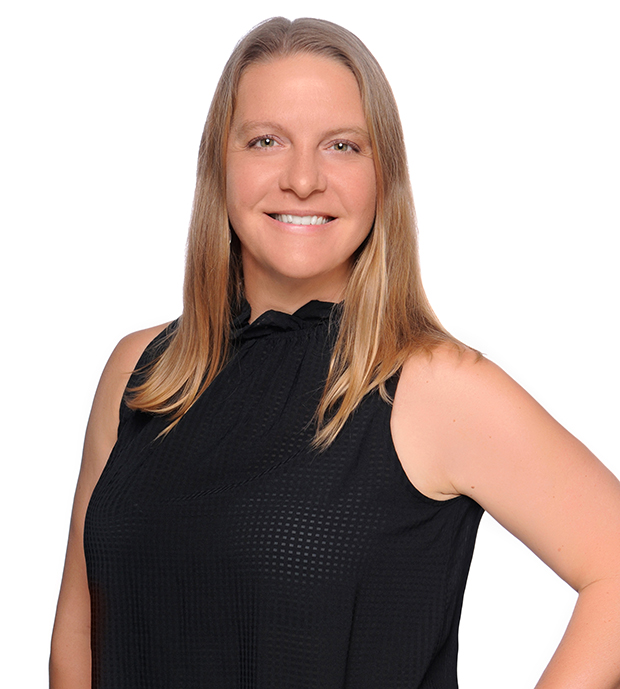
Surgical programs typically place a high priority on stability of practitioner staff, especially those with highly specialized procedures. This often leads facilities to hire full-time practitioners to support their programs. However, this reliance on in-house staff often leads to practitioner burnout and high turnover, resulting in less stability of staffing operations. I know this because I have seen it firsthand.
In September 2018, the cardiothoracic surgery team at Holy Cross Health in Ft. Lauderdale, Fla., experienced a staffing challenge. Its two full-time Physician Assistants (PAs) were leaving at the same time and turnover had been an issue with these positions for a while – the demanding schedule of being on call every other night and every other weekend often led to employee exhaustion.
Holy Cross Health called on AP Health since we were already supporting other areas of the hospital. With our deep bench of PAs and our focus on recruiting, we were able to build a team of five cardiac practitioners. Our PAs know the surgeons’ preferences both in the operating room and in the ICU. We also have good flexibility and variety in our work life. These factors have eliminated turnover of surgery staff, which has meant more stability and continuity for the cardiac surgeons.
Pandemic Intensifies Need for Flexibility in Staffing Operations
While the importance of being nimble in surgical staffing has been increasing for years, COVID-19 has intensified that need. At Holy Cross, like many hospitals across the country, non-essential surgeries were stopped in April, and ICUs were converted into COVID ICUs. For many hospitals, that meant furloughing full-time staff in different departments while also ramping up staffing for treating COVID-19 patients.
When the first wave of COVID-19 patients began entering its facility, Holy Cross
administration approached us about helping in the ICU. Because our advanced practice providers were already trained in critical care, we were able to move our staff from other areas of the hospital. In doing so we were able to support the hospital during nights and weekends in the ICU for about two months until COVID patient volumes declined.
Had AP Health not provided advanced practice providers to assist in the care of COVID-19 patients, Holy Cross would have needed to bring in many more MDs at much higher costs. We were able to provide the hospital with the critical care staff it needed, while also saving them a significant amount of money.
As COVID progressed throughout summer, we continued to adapt to the changing needs of the hospital and its patient volumes. Three of us have helped the infectious disease doctors with a census of 50-60 COVID patients, while others moved to support other areas of the hospital as elective surgeries and other normal duties returned.
As a 15-year PA, I love the variety and flexibility that AP Health provides. I can continue to learn and advance my career while maintaining a good quality of life. I’ve been able to branch out from orthopedics into general surgery, labor and delivery with C-sections and now, cardiac surgery. And, with two young children, I also have the ability to flex my schedule easily because we have so much coverage. And I can do so with the peace of mind of knowing that we’re providing the hospital with the surgical support to provide the best possible care for their patients.
Sarah Calvey is director of Clinical Operations at AP Health.




